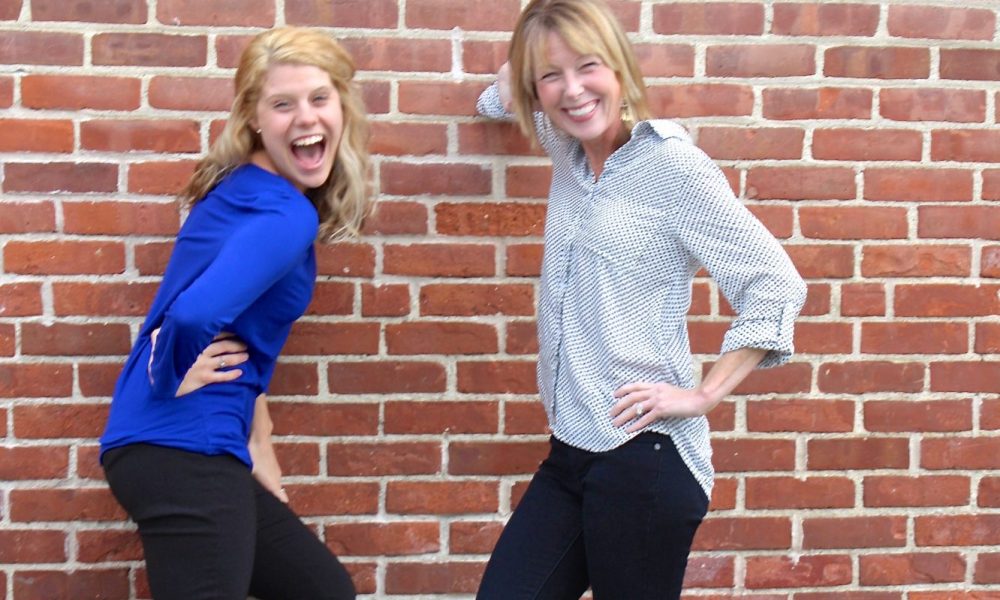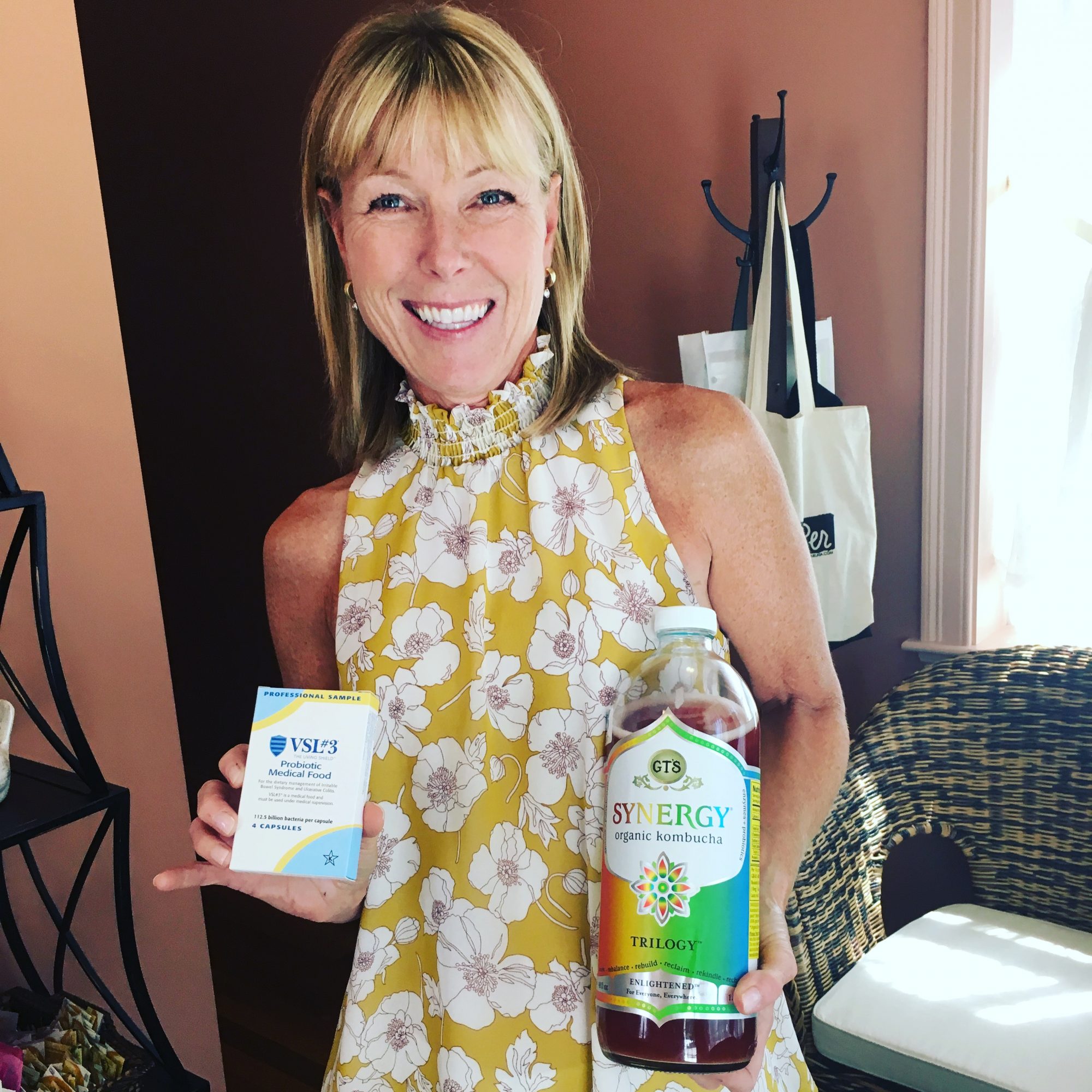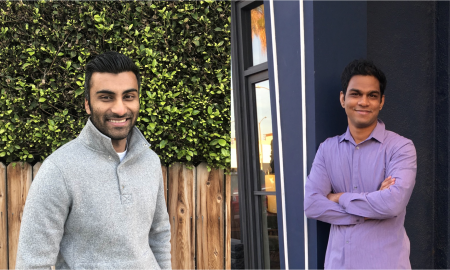

Today we’d like to introduce you to Kate Scarlata.
Kate, can you briefly walk us through your story – how you started and how you got to where you are today.
I have been a dietitian for 30 years but my serious interest in digestive health occurred after I personally endured a 6-foot small intestinal resection while pregnant with my middle son. I required surgery of my intestine rather emergently when my intestine was strangled by scar tissue from a previous ovarian cyst surgery. My digestive symptoms were difficult to manage after my surgery; this encouraged me to dive head first into the medical literature to learn more about digestive health nutrition. During my research, I stumbled upon publications about an emerging nutritional approach called the low FODMAP diet out of Melbourne, Australia. I reached out the researchers at Monash University in Melbourne to time to learn more. They encouraged me to take a trip to Australia and participate in a workshop they were hosting on the low FODMAP diet. I took their advice, booked a ticket to down under and learned all that I could about this novel intervention.
In short, the Low FODMAP diet involves removing highly fermentable (gas producing) foods for a short time (2-6 weeks), to calm the gut. The low FODMAP diet can be a bit tricky to navigate as the foods rich in FODMAPs (small sugars and fibers) are in many everyday foods, including: apples, bagels, mango, onion, garlic, asparagus to watermelon and peaches, to name a few! For me personally, the list of foods rich in FODMAPs made all the sense in the world — as there were many of the foods I had identified as triggers.
I started to blog about FODMAPs and consult with patients in my then Boston and Medway practices to guide them through the low FODMAP — 3 phase diet. The low FODMAP diet is used for irritable bowel syndrome symptoms (bloating, gas, constipation, and diarrhea). Although not talked about at a cocktail party, about 1 in 6 Americans suffer, often in silence, with these symptoms, so it is super common.
I would say, overall, I am nuts about gut health. I love learning how our gut microbes impact health and disease. I am currently in a Master’s of Public Health program as I have an unending desire to learn and help people. I have been fortunate to travel the globe talking about digestive health nutrition topics — and continue to educate people via the books I have written (I am a New York Times bestselling co-author, for the book, The 21 Day Tummy diet. My most recent book is The Low FODMAP step by step as well as via my popular blog which can be accessed via my website: www.katescarlata.com
Overall, has it been relatively smooth? If not, what were some of the struggles along the way?
From a career standpoint, I have to say, I made lemonade out of lemons. My personal health journey hasn’t been easy but it has made me a better person, a more empathetic healthcare provide and a big advocate for others going through digestive issues. I have been blessed by my love of learning and hard work ethic — which I believe is the core of anyone’s success.
My advice to women is to blaze your own trail! Do not get caught up by the competition. Be authentic, work hard and surround yourself with those who have your back and will champion your cause. In the age of social media, I think so many young women get too caught up in what others are doing. I say, shut down your social feeds if that gets you down. I personally love social media and it has helped my work. But, I do take well-needed breaks when it feels overwhelming.
Please tell us about For a Digestive Peace of Mind.
What sets me apart is that I am on top of the latest scientific research and I have a degree in nutritional science. I attend conferences and read current medical literature to stay on top of the pulse. Many people say they are experts in gut health nutrition — but they do not have the medical background or often truly do not understand gut health research well enough to educate consumers. I am truly in this work to help people. I have never been motivated by money. I am concerned about all the pseudo-science that is out there on the Internet as well as the new companies in the gut health space selling products with no scientific evidence… just to make money.
Are there any apps, books, podcasts or other resources that you’ve benefited from using?
I am a big fan of Brene Brown’s books. I read them every so often to help me stay grounded. I honestly read mostly medical literature (I am a science nerd) — rarely listen to podcasts or other blogs. I do recommend my blog for those interested in gut health nutrition — you can find it on my website.
Contact Info:
- Address: 4 Lincoln St Medway, MA 02053
- Website: www.katescarlata.com
- Phone: 508-533-0800
- Email: Inquiries@katescarlata.com
- Instagram: https://www.instagram.com/katescarlata/?hl=en
- Facebook: https://www.facebook.com/katescarlataRD/?ref=bookmarks
- Twitter: https://twitter.com/KateScarlata_RD?lang=en

Getting in touch: BostonVoyager is built on recommendations from the community; it’s how we uncover hidden gems, so if you know someone who deserves recognition please let us know here.

















